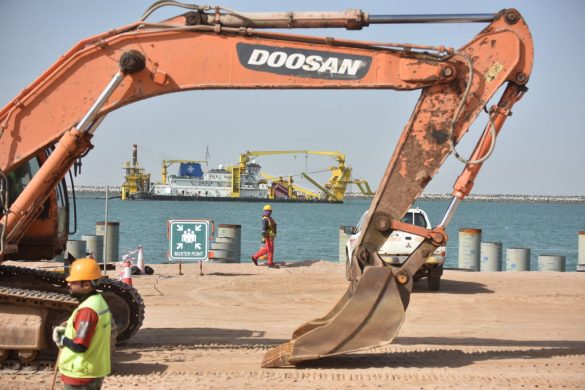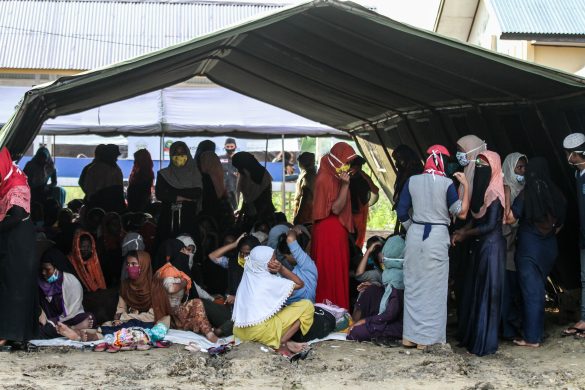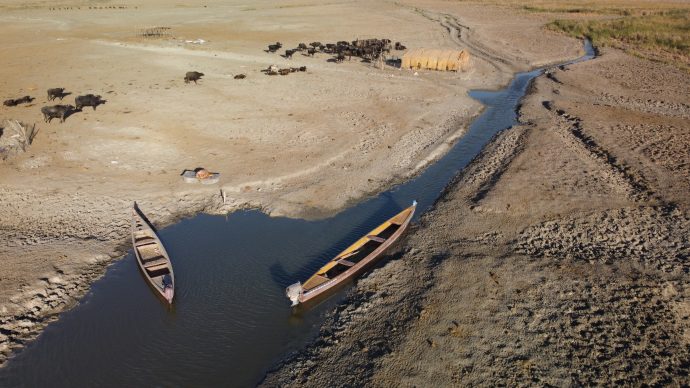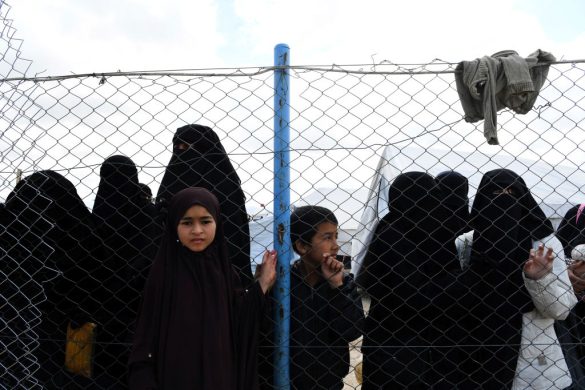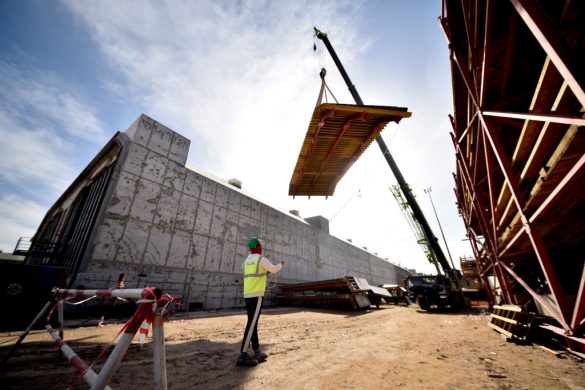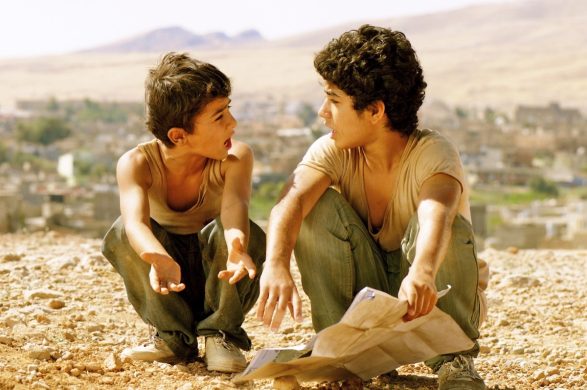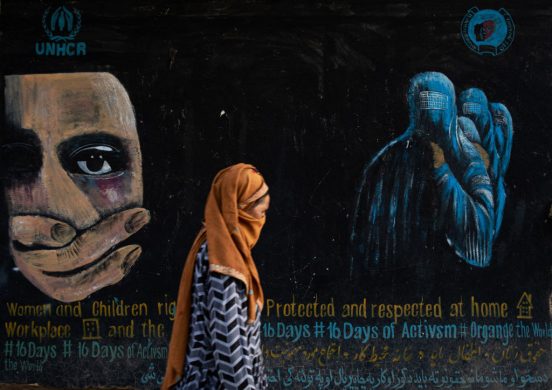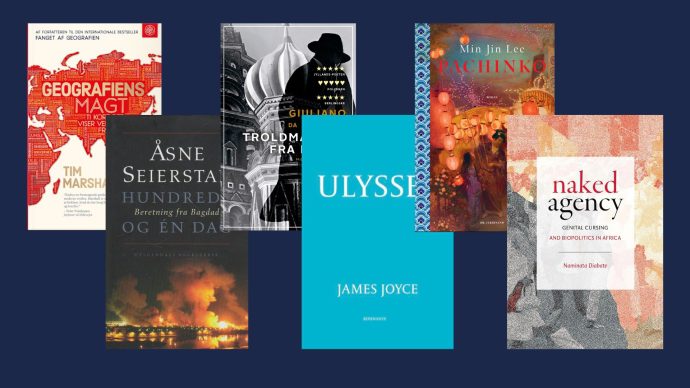Loosely organised in an ad hoc coalition, Western countries rushed military aid to Iraqi Kurds in the face of a lightning assault by the Islamic State (IS) in June 2014.
They failed, however, to develop a strategy for dealing with the consequences of arming non-state actors in Iraq, a country whose unity they profess to support.
Rather than forging a strong, unified military response to the IS threat, building up Kurdish forces accelerated the Kurdish polity’s fragmentation, increased tensions between these forces and non-Kurds in disputed areas and strengthened Iraq’s centrifugal forces.
Delivered this way, military assistance risks prolonging the conflict with IS, worsening other longstanding, unresolved conflicts and creating new ones.
A new approach is called for that revives and builds on past efforts to transform Kurdish forces into a professional institution.
Wishes to preserve Iraqi unity
Despite Western concerns, doing so is unlikely to enhance chances of Kurdish independence.
Kurdish parties have become even more dependent, not less, on their alliances with Turkey and Iran since IS’s arrival.
“Kurdish institutional reform is a must. At a time of political flux, the Kurdistan Regional Government (KRG) should invest in a generation of peshmerga officers that stays clear of partisan politics. A fragmented, personality-driven security apparatus will undoubtedly open the door to creeping foreign interference and security breaches, putting the KRG at a far greater risk than does the Islamic State”.
Peter Harling, Iraq, Lebanon and Syria Project Director and Senior Middle East and North Africa Adviser
Turkey, the country with the ability to give the Kurds the independent revenue stream from oil sales they would need to move effectively toward independence, has given no indication it is prepared to do so and every indication it wishes to preserve Iraq’s unity.
Western states’ current practice of channelling weapons to the Kurds via Baghdad and encouraging the two sides to resolve their outstanding disputes over oil exports and revenues also will keep the Kurdish region inside Iraq.
Indeed, the development of a professional Kurdish military force is a necessary condition for effective coordination with the Baghdad government in joint operations against IS and in preparing a post-IS political plan.
Læs mere hos International Crisis Group og finde hele rapporten her.


